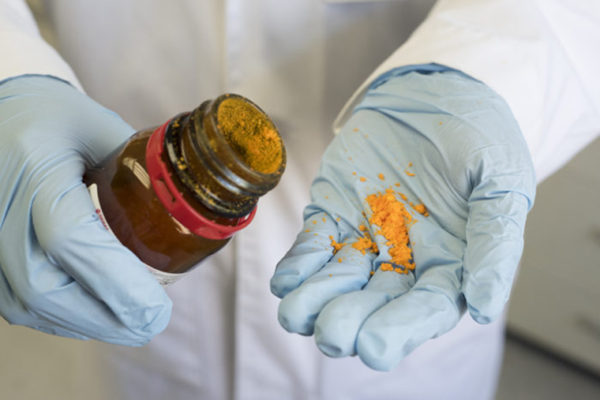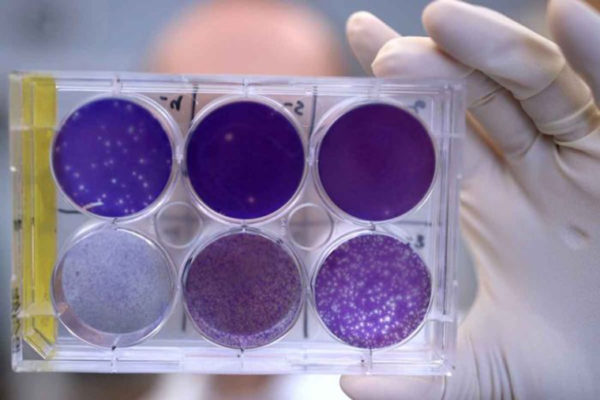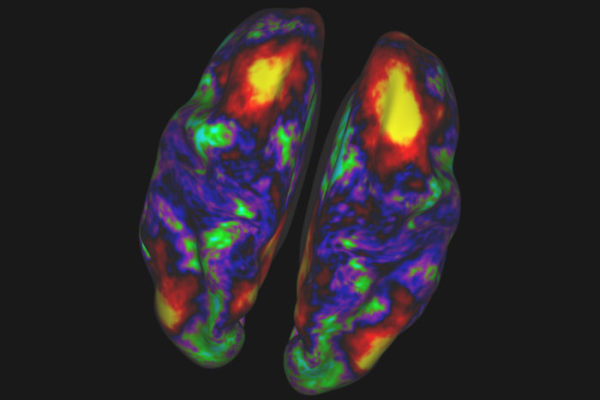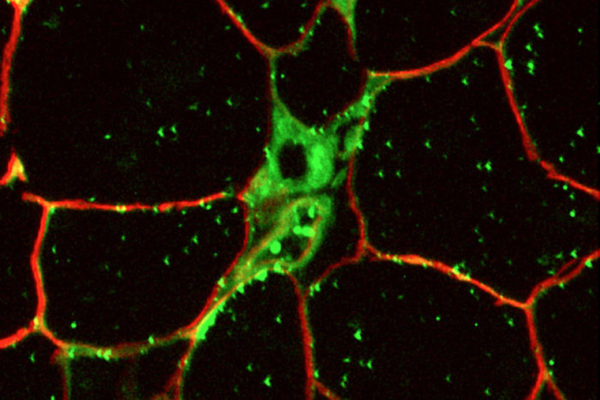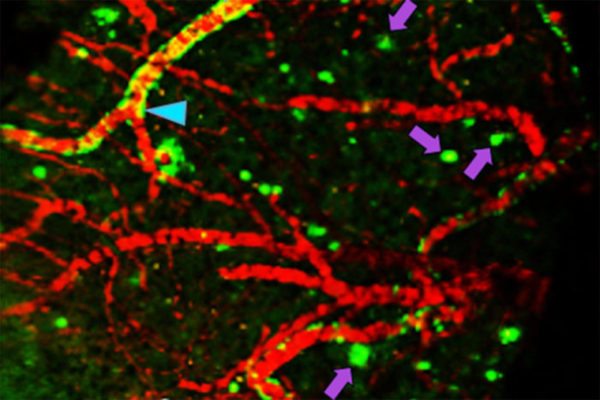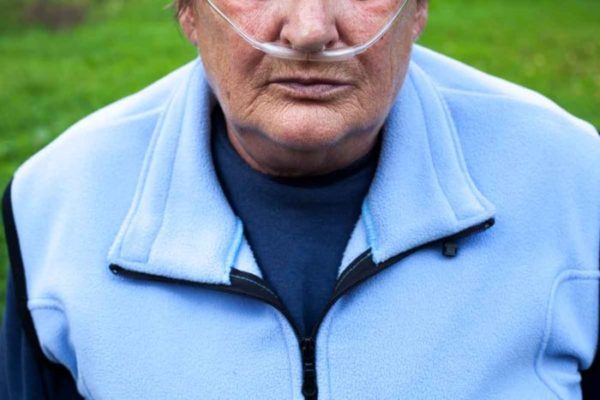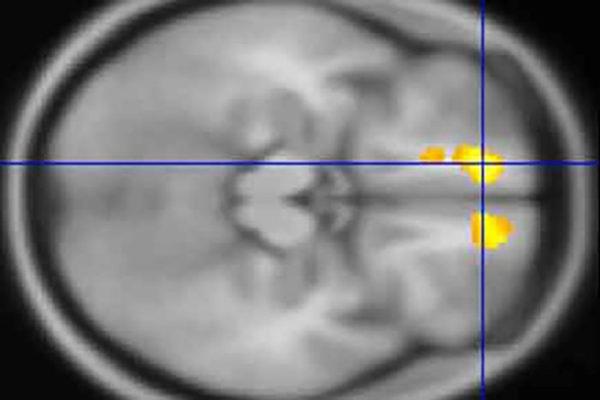Researchers launch first clinical trial for Wolfram syndrome
Researchers at Washington University School of Medicine in St. Louis are launching a new clinical trial to assess the safety of a drug treatment for patients with the rare disease Wolfram syndrome.
New technique aids search for genetic roots of disease
Researchers at the School of Medicine have developed a new technique to cheaply and rapidly create myriad sets of DNA fragments that detail all possible genetic variants in a particular stretch of DNA. By studying such DNA fragments, scientists can more easily distinguish between genetic variants linked to disease and those that are innocuous.
Antibody protects developing fetus from Zika virus in mouse study
Researchers at Washington University School of Medicine in St. Louis and Vanderbilt University School of Medicine have identified a human antibody that prevents — in pregnant mice — the fetus from becoming infected with the Zika virus. The antibody also protects adult mice from Zika disease.
Specifics of new Danforth Campus parking, transportation plan announced
Last month, a new parking and transportation management strategy that will be implemented following May 2017 Commencement was announced. The new plan – which will address key weaknesses in the current program, enhance alternative transportation options and improve resource utilization to better serve the campus community – has been in development over the past year.
$34 million effort aims to image brain from childhood through old age
Throughout our lives, our brains are always changing. To capture that transformation, scientists will scan the brains of people from kindergarten through their later years to build maps of the brain as it develops and changes over the decades. The endeavor, led by researchers at Washington University, is funded by two grants totaling $34 million from the National Institutes of Health (NIH).
Cause of inflammation in diabetes identified
Inflammation is one of the main reasons why people with diabetes experience heart attacks, strokes, kidney problems and other, related complications. Now, in a surprise finding, researchers at the School of Medicine have identified a possible trigger of chronic inflammation.
Earlier Alzheimer’s diagnosis may be possible with new imaging compound
Researchers at the School of Medicine have developed a chemical compound, named Fluselenamyl, that detects amyloid clumps in Alzheimer’s patients better than current FDA-approved compounds.
Natural compound reduces signs of aging in healthy mice
Scientists at the School of Medicine have shown that supplementing healthy mice with a natural compound called NMN can compensate for a loss of energy production in aging cells, reducing typical signs of aging such as gradual weight gain, loss of insulin sensitivity and declines in physical activity.
For some COPD patients, portable oxygen treatment provides no benefit
Patients with chronic obstructive pulmonary disease (COPD) often receive portable oxygen therapy to help raise oxygen levels and allow them to breathe easier. But a major study published Oct. 26 in The New England Journal of Medicine indicates that supplemental oxygen does not benefit a large group of patients with COPD: those with moderately low levels of oxygen in the blood.
Brain scans of children with Tourette’s offer clues to disorder
Using MRIs, researchers at the School of Medicine have identified areas in the brains of children with Tourette’s syndrome that appear markedly different from the same areas in the brains of children who don’t have the neuropsychiatric disorder. The findings were published online Oct. 25 in the journal Molecular Psychiatry.
View More Stories
